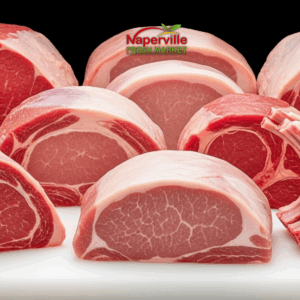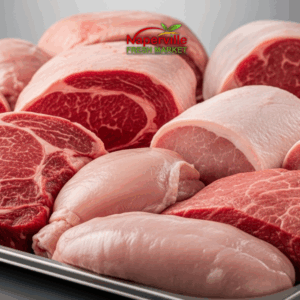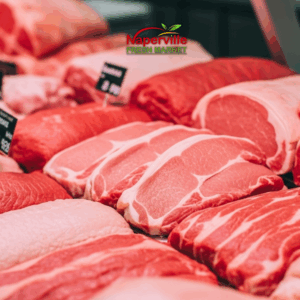In the world of culinary practices, Halal meat often finds itself shrouded in myths and misconceptions. As a cornerstone of many diets globally, it’s crucial to distinguish the truths from the misconceptions. This guide aims to debunk the common myths surrounding Halal meat, ensuring a clear understanding of its principles and practices.
Myth 1: Halal Meat is Only for Muslims
One of the most widespread myths is that Halal meat is exclusively for Muslims. This couldn’t be further from the truth. Halal meat, characterized by its ethical sourcing and hygienic preparation, is suitable for anyone seeking quality and ethically processed meat. The Halal certification simply ensures that the meat meets specific dietary standards set by Islamic law, making it an excellent choice for people of all backgrounds.
Fact: Ethical and Hygienic Practices
The preparation of Halal meat involves strict guidelines to ensure the health and welfare of the animal, cleanliness in processing, and the absence of harmful substances. This meticulous attention to detail makes Halal meat a preference for health-conscious individuals beyond the Muslim community.
Myth 2: Halal Slaughter is Less Humane
Another common misconception is that the Halal method of slaughter is less humane than conventional methods. This myth stems from a lack of understanding of the Halal slaughtering process, which emphasizes the animal’s welfare and aims to minimize suffering.
Fact: A Focus on Compassion and Respect
The Halal slaughtering process requires that animals be treated with respect and care, ensuring they are healthy and not under any stress before slaughter. The use of a sharp knife ensures a quick and efficient cut, aiming to minimize the pain felt by the animal. These practices underscore the Islamic principle of compassion towards all living beings.
Myth 3: Halal Meat Tastes Different
Some believe that Halal meat has a distinct taste that sets it apart from other types of meat. This myth likely arises from the assumption that religiously certified foods must differ in flavor or quality.
Fact: No Impact on Taste
The truth is, Halal meat does not inherently taste different from non-Halal meat. The flavor of meat is influenced by factors such as the animal’s diet, breed, and the method of cooking, rather than the method of slaughter. Halal certification concerns the ethical treatment and dietary compliance of the meat, not its taste profile.
Embracing Clarity and Understanding
Debunking these myths about Halal meat is essential for fostering understanding and respect for diverse dietary practices. Whether you follow a Halal diet for religious reasons or prefer Halal meat for its ethical standards, it’s important to base our food choices on facts rather than misconceptions. As we continue to explore and appreciate the rich tapestry of global culinary traditions, let’s ensure our understanding of Halal meat is grounded in reality, not fiction.
Learn More
The Future of Food: Innovations and Trends in Halal Meat Production
Exploring Global Cuisines: The Role of Halal Meat in Traditional Dishes




